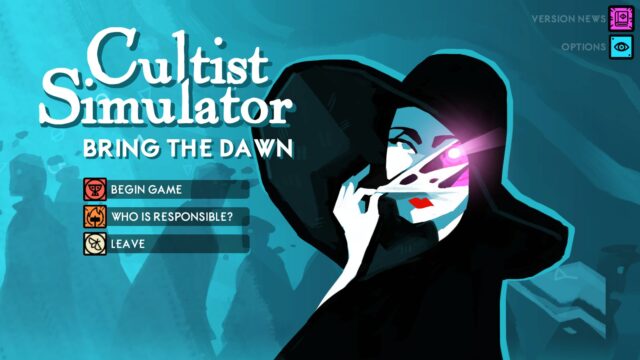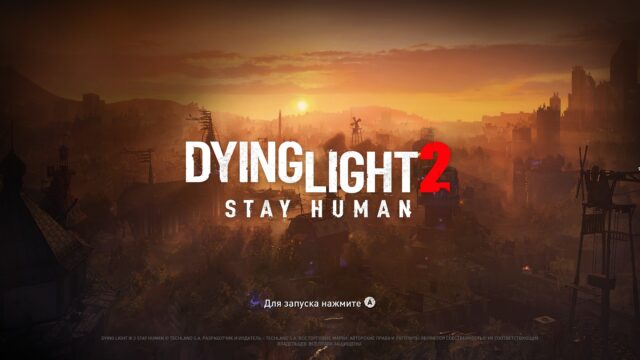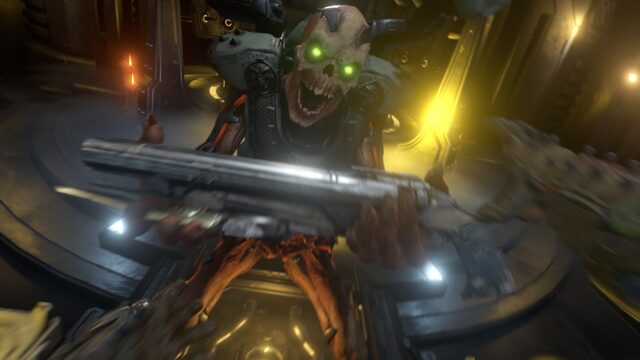Divinity: Original Sin Review
Hooray, comrades! The fantasy role-playing game Divinity: Original Sin has finally finished all its beta testing, and now you can buy/download the honest release client version 1.0 and above on Steam!
If you wisely didn’t buy D:OR until the last moment, and also didn’t follow the press dedicated to the project, then: the game is a solid – several dozen hours of single-player role-playing dish with turn-based battles.
The setup is standard – the player starts with two generated fighters-members of the Order for All Good, who set off on a tip from well-wishers to eradicate evil in the lands of N. Upon arrival, it turns out that Evil, as usual, turns out to be harsher than it seemed in the prologue, and in general, there is something to do on the spot.
On the way to Victory, you will have to level up various parameters, explore remote places, communicate a lot with passers-by, and, of course, tackle stacks of quests.
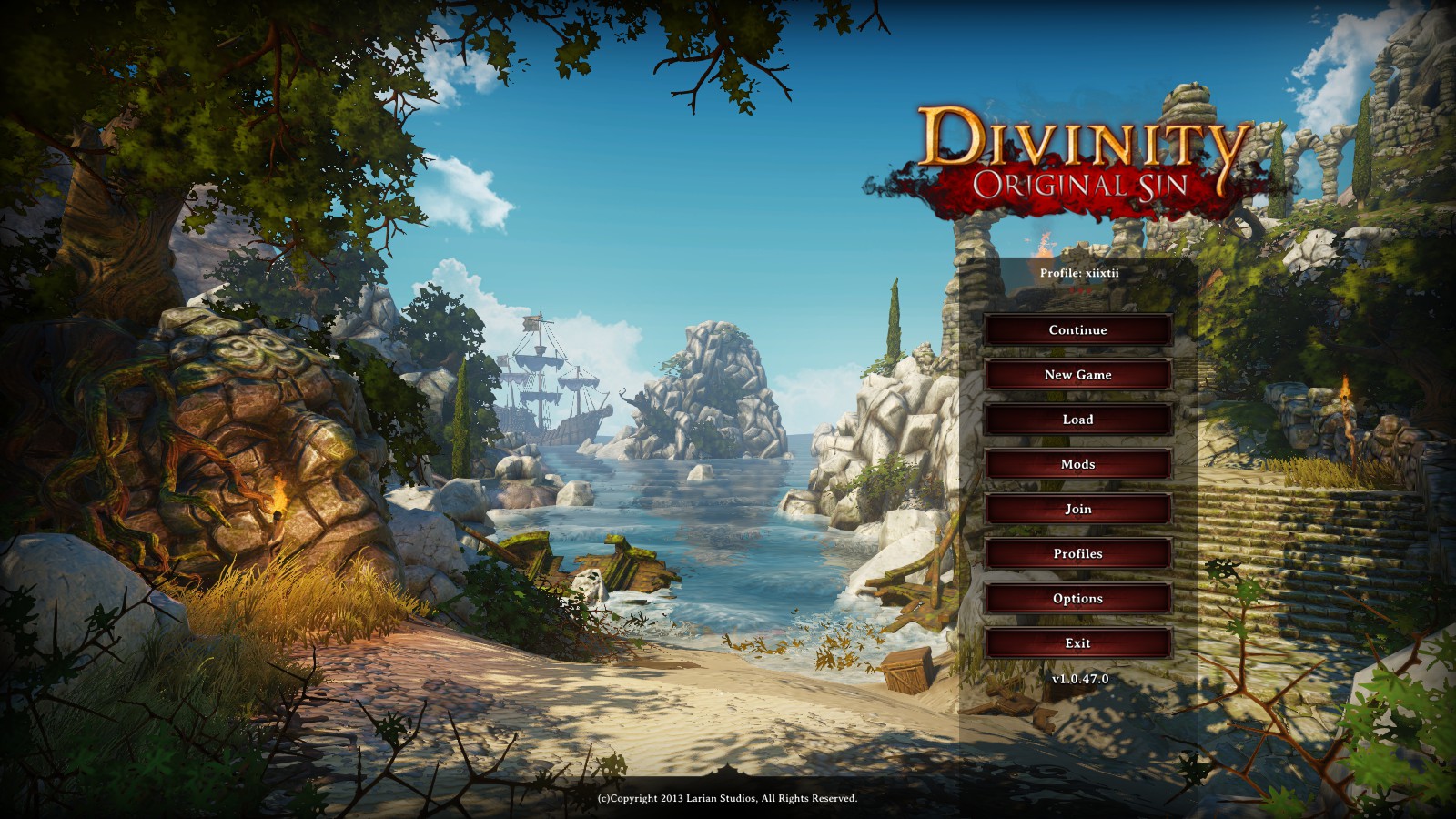
There is, however, one catch with the duo of protagonists in the single-player campaign. Even during the alpha-beta testing, the dialogues between the characters were constructed in a rather peculiar way, where the player had to first ask themselves a question with one character, and then answer it themselves with the help of the second avatar.
The idea seems clear – different lines in important conversations give bonuses to different, um, character traits. These traits are expressed, as is customary in role-playing games, in numbers such as critical hit chances and +2 to morale at night. It’s all great and cool, except I feel like a schizophrenic during these intellectual conversations.
Fortunately, in the release version, this fun is partly fixed, and all potential mental disorders can be attributed to the secondary character by checking the “random answers” option when creating them. The poor partner will then have a really hard time, but what sacrifices won’t you make for your own peace of mind.
Thankfully, there is no need to plan dialogues for the potential fighters of the group. And they are relatively fine with the world view – they respond according to the character the writers have given them.
However, there are plenty of “just NPCs” and, consequently, conversations with them in D:OS. The last time I had to talk so much in a game was probably in Dragon Age: Origins. Although I can’t say there is more text. If DA:O took several playthroughs to exhaust, then in Divinity: Original Sin, it still has a lot to offer.
However, the humor of the local writers turned out to be quite specific. Maybe it’s just me getting old, but tricks like “at the end of the quest, we teleport the heroes to a women’s bath, hehehe,” and then a scene unfolds… They really nailed it, with a naked woman and a scandal! Clear, bold!
If we want to be really nitpicky, we can imagine a situation where all the members of the heroic collective are women themselves, and this joke loses its charm beyond the monitor.
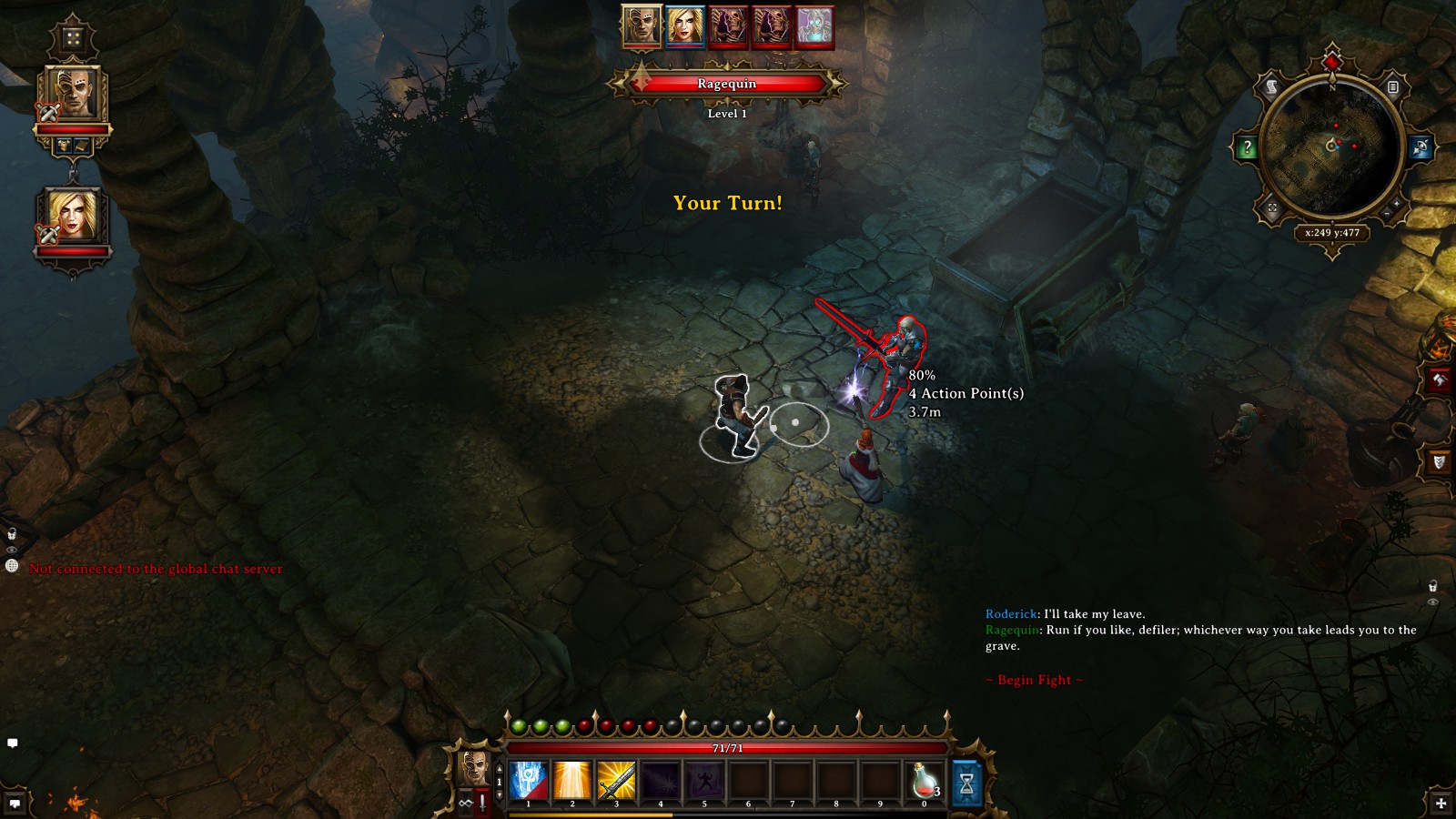
But there are no claims at all to turn-based combat. Well, except that not all bugs have been fixed. My advice to you: definitely take at least one mage as a starting character. Without him, you will miss at least a third of the overall fun, because in addition to the classic strong fighting from the two-dimensional Fallout in D:OS, there is a set of magical rules-laws a la Magicka. For example, if you throw a fireball into a passing poisonous cloud, you can easily start a fire for several turns. And you can also teleport everyone and everything from one place to another.
By the way, some local quests are tied to this, so no one can avoid studying the system of magical restraints and counterweights. In the very first dungeon, the developers, fortunately, scattered the necessary magical scrolls near the puzzles so that newcomers would not get stuck completely, and then it depends on luck and how you figure it out yourself.
However, there is one problem mentioned above. Despite the fairly long stay of the new Divinity in the alpha version, then the beta version, and other Early Access, even in the release client, there are quite unpleasant bugs here and there. The most annoying (at least personally for me) of them is unstable teleportation. Whether it was originally intended or the developers overlooked it, but many objects allow themselves to be teleported only once. Torches are especially annoying: you come up with an interesting maneuver, put items where they should be, and then they don’t want to go anywhere.
And other little things happen too. In defense of D:OS, it should be noted that there are also plenty of small pleasant elements in the game. For example, for once, locked chests can be simply broken. At the cost of dull weapons and a session of frantic clicking on the object, but it’s possible! Or here’s a purely visual treat – when switching to stealth mode (well, that is, “sneaking”), the members of your party turn into two-legged boulders.
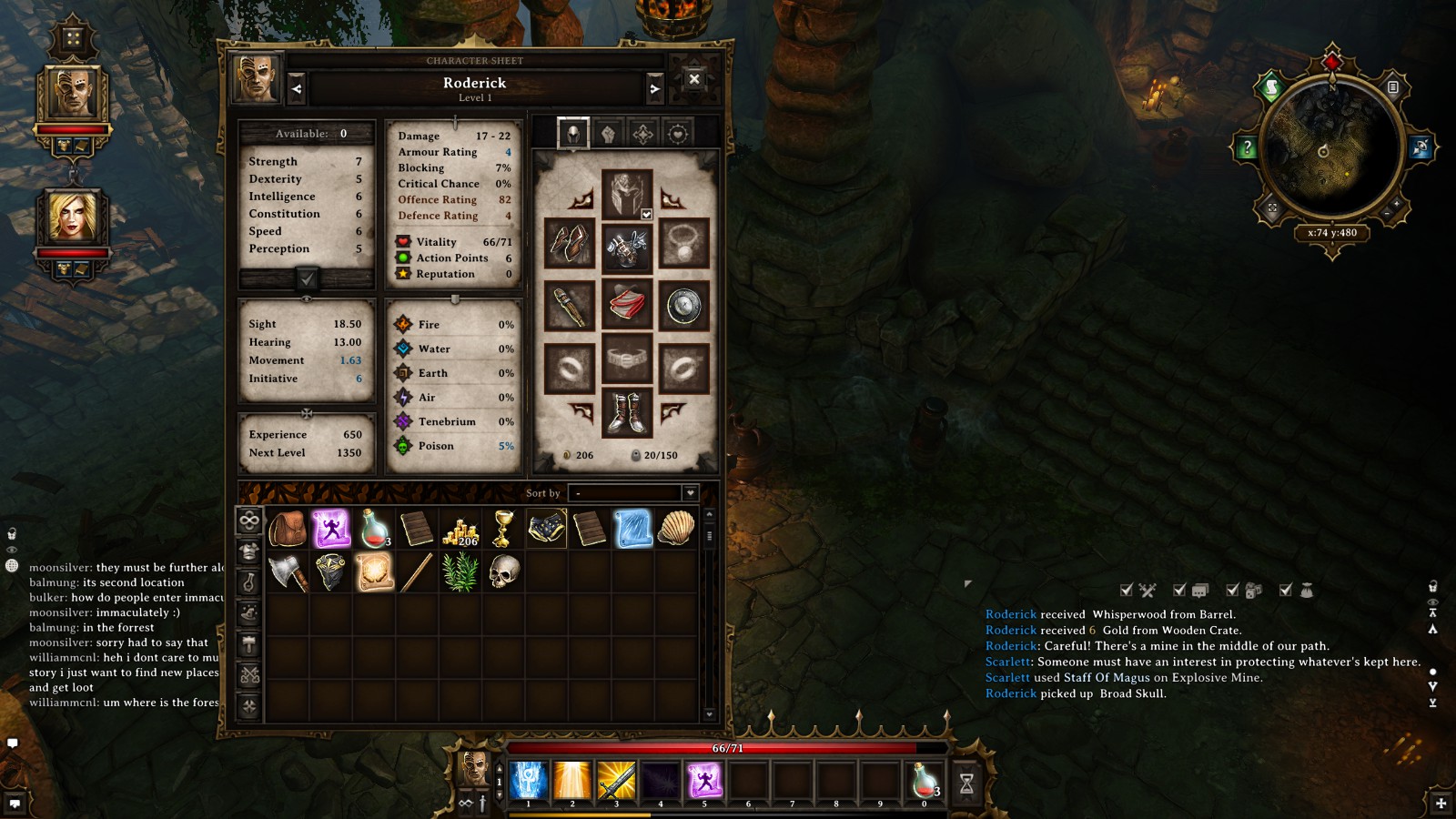
For fans of cooperative gaming, take note: D:OR actively encourages playing missions together and overall active online presence. The prospect of quickly skipping through dialogues so that your teammates don’t have to wait may not be particularly appealing, but if you want to run through tombs with a group, or if you’re having trouble defeating a monster on your own, you can always organize a session with familiar players or even someone random from the network.
The same dialogues “in character” might also take on new shades.
**
Of course, it’s been over a month since summer began, and right now, you may not feel like spending days on end immersed in deep RPGs. But if you still want to occupy yourself with a new big fantasy game, then Divinity: Original Sin is probably your best candidate, at least until the release of the new Dragon Age.
Share
Discuss
More Reviews
